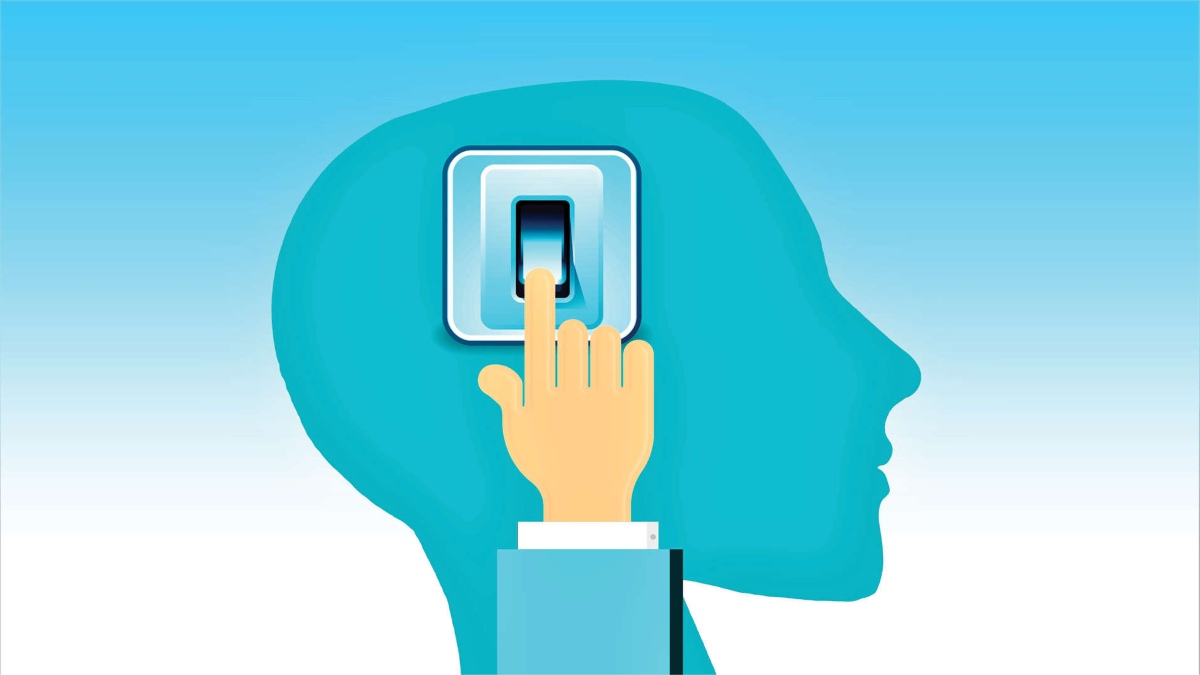
As a society, we are in crisis; many are suffering from ‘climate anxiety’ as the reality of global warming takes its toll. The pandemic has caused a great deal of fear which is often dividing families and causing mental distress. To relieve some of these tensions, more than ever, people are turning to meditation, mindfulness and other methods of calming the mind to bring them to a state of equanimity and calm.
Meditation gives us the possibility of taking responsibility for our own mind and developing stability in the face of internal and external storms.
“How do you deal with difficult emotions?” “Where do I focus my mind?” Filling it with fear and anxiety is clearly not the answer, so what is? Meditation is not escapism. Deep meditation, or ‘tapasya’, as it is known in India, can give you the key to gaining control over your mind, enabling you to function well even in the most challenging of circumstances. We are living in an age when several big issues need to be confronted.
COP 26 is undoubtedly a critical event. It is, therefore, understandable that there is considerable emotional pressure on all the delegates at the event. The issues under discussion are potentially quite frightening because of their vast scale and our relative powerlessness, as individuals. No one is suggesting that meditation is going to make these issues go away. Nor is meditation about turning our back on things. Rather it is about understanding issues more clearly and having the capacity to respond more appropriately to the challenges we now face globally. Perhaps more than anything, it is about recognising the link between human consciousness and what is happening around us.
For that we need to go deep, beneath the layers of emotions, to what really drives and motivates us. If we do not get to this root cause, then problems will only increase with time. And time is something we do not have a lot of.
The ‘environmental crisis’ has a variety of dimensions. First, there is the threat to our biodiversity. Species that we rely on to make our environment healthy and productive are increasingly coming under threat as a consequence of our decisions and lifestyles.
Global warming is not new. It is a pattern that can be traced back hundreds of years, giving scope for sceptics to pursue harmful populist policies. But global warming has accelerated dramatically in the last hundred years or so as fossil fuels like gas, coal and oil have generated large amounts of carbon in the Earth’s atmosphere, which has had the effect of warming up the planet, melting ice caps and raising sea levels to dangerous heights. Global warming has also disrupted weather patterns, leading to droughts, floods, forest fires, tornadoes and unseasonal, extreme temperatures.
On top of all that, there are the various social challenges; racism and inequalities in gender, culture, race, and wealth. There is the economic crisis that stems from unprecedented (in peacetime) levels of government borrowing, not to mention the pandemic and the resultant health crisis of deferred health treatments.
Meditation is not about pretending these challenges do not exist. They do, and the role of meditation is to reveal how the state of human consciousness underpins all of these issues and provides the basis for addressing them in a meaningful way. Political initiatives have been tried but the problems have not gone away. Now is the time to get to the root of these problems. Now is the time to address the elevation of human consciousness which can provide a truly sustainable way forward. Now is the time to explore meditation.
Stuart Hepburn is an author and artist. He studied Rajyoga in London, and now lives in Scotland. He has used a wheelchair since his stroke in 2005.
We need to go deep, beneath the layers of emotions, to what really drives and motivates us. If we do not get to this root cause, then problems will only increase with time. And time is something we do not have a lot of.